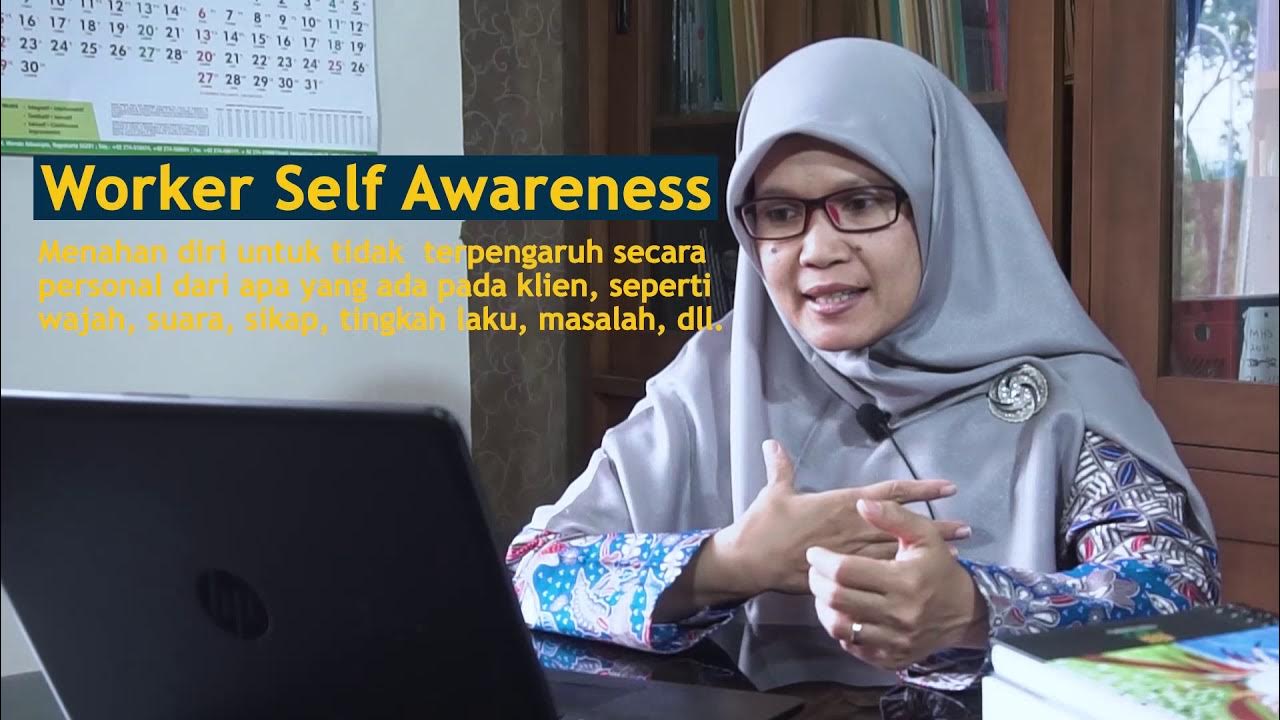Developing Case Studies - CSFC
Summary
TLDRThe video discusses the principles and techniques for developing case studies in therapy, emphasizing confidentiality, the use of fictional names, and the importance of client-centered approaches. The speaker highlights the value of case studies in helping clients practice skills, recognize early warning signs, and build confidence for independent living. Case studies are presented as tools for exploring complex issues, developing personalized relapse prevention plans, and addressing taboo topics in a safe way. The approach also fosters engagement through gradual progression, with clients taking an active role in their own therapeutic process.
Takeaways
- 😀 Always use fictional names in case studies to maintain confidentiality and avoid the risk of clients being identified.
- 😀 Real case studies should not be used with minimal alterations, as clients may believe they are based on real experiences and worry about their privacy.
- 😀 Choose case studies that reflect the client's issues, but not too closely to avoid triggering emotional responses or trauma.
- 😀 Gradually increase the complexity of case studies, starting with simple scenarios and progressing to more complex ones as therapy advances.
- 😀 Focus on client-centered exploration. Allow clients to draw their own conclusions from case studies rather than imposing your own interpretations.
- 😀 Use case studies to help clients practice applying their skills in real-world situations, such as dealing with social anxiety or managing stress.
- 😀 Case studies can be an effective tool for relapse prevention, helping clients anticipate triggers and develop coping strategies.
- 😀 Sensitive or taboo topics (e.g., crime, sexual issues, guilt) can be explored safely in case studies, giving clients the chance to address their concerns indirectly.
- 😀 Involving the client's partner or close friend in case study exercises can provide additional support and reinforce therapeutic work.
- 😀 Case studies are valuable for building confidence, as clients apply skills in practice scenarios, fostering independent decision-making.
- 😀 Case studies can provide closure at the end of therapy, reinforcing the skills learned and encouraging clients to continue using them after therapy concludes.
Q & A
Why is it important to use fictional names in case studies?
-Using fictional names in case studies helps maintain confidentiality, preventing clients from becoming anxious about being identified. It also avoids the potential discomfort of clients believing their personal experiences may be used in future case studies.
What are the main reasons for avoiding real case studies in therapy?
-Real case studies should be avoided because clients may recognize themselves or others involved, leading to concerns about their privacy. Additionally, clients might fear that their own personal issues could be used as future case studies.
How should the complexity of case studies evolve during therapy?
-Case studies should start with simple scenarios that help clients ease into the process. Over time, the complexity of the case studies should increase, addressing more complicated issues, allowing clients to build their skills gradually.
What is the purpose of guiding clients through case studies instead of imposing your own interpretations?
-The goal is to encourage clients to explore their own insights and develop personalized solutions. By guiding them rather than imposing your views, you empower them to think critically and take ownership of their learning.
How can case studies be used to address early warning signs of relapse?
-Case studies can present hypothetical relapse scenarios, allowing clients to identify triggers and practice responses. This proactive approach helps clients recognize early warning signs in their own lives and prepare strategies for managing them.
Why is it beneficial to include a client’s partner or close friend in the case study process?
-Involving a partner or trusted friend provides emotional support, helps reinforce skills, and offers a real-world context for practicing techniques learned in therapy. It can also improve communication and collaboration within relationships.
How can case studies contribute to building a client’s independent living skills?
-By engaging in case studies, clients can practice decision-making, problem-solving, and managing stress in hypothetical scenarios. This builds confidence and prepares them to handle real-life challenges independently.
What role do case studies play in discharge planning?
-Case studies are useful in discharge planning by providing a structured way for clients to reflect on their progress. They allow clients to apply the skills learned during therapy to potential future challenges, promoting long-term self-sufficiency.
How can case studies help clients who feel uncomfortable discussing certain topics?
-Case studies can serve as a tool to open up difficult or taboo subjects. By discussing these issues in the context of a fictional case, clients may feel more comfortable addressing their own concerns that they might otherwise hesitate to bring up.
How can case studies help clients develop personalized relapse prevention plans?
-Case studies allow clients to analyze situations where others might struggle with relapse. By evaluating how the characters in the case study could manage their challenges, clients can develop strategies tailored to their own needs and potential relapse triggers.
Outlines

このセクションは有料ユーザー限定です。 アクセスするには、アップグレードをお願いします。
今すぐアップグレードMindmap

このセクションは有料ユーザー限定です。 アクセスするには、アップグレードをお願いします。
今すぐアップグレードKeywords

このセクションは有料ユーザー限定です。 アクセスするには、アップグレードをお願いします。
今すぐアップグレードHighlights

このセクションは有料ユーザー限定です。 アクセスするには、アップグレードをお願いします。
今すぐアップグレードTranscripts

このセクションは有料ユーザー限定です。 アクセスするには、アップグレードをお願いします。
今すぐアップグレード関連動画をさらに表示

Clinical Psychology Part 2: Present-Day Therapy

PENDEKATAN BIMBINGAN KONSELING

Kode Etik Psikologi : Kerahasiaan Rekam dan Hasil Psikologi

Canadian Practice Process Framework - Intro 1

Nilai profesi dalam Praktek Pekerja sosial

Psychodynamic, Humanistic, Cognitive and Behavioral Therapy (Approaches to Therapy)
5.0 / 5 (0 votes)
